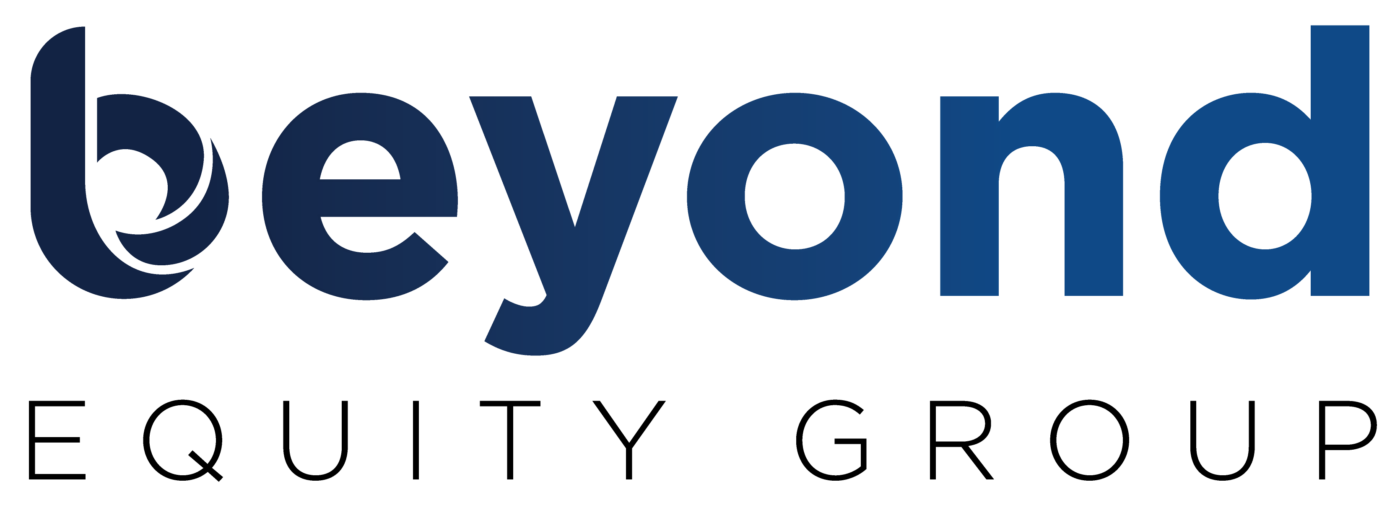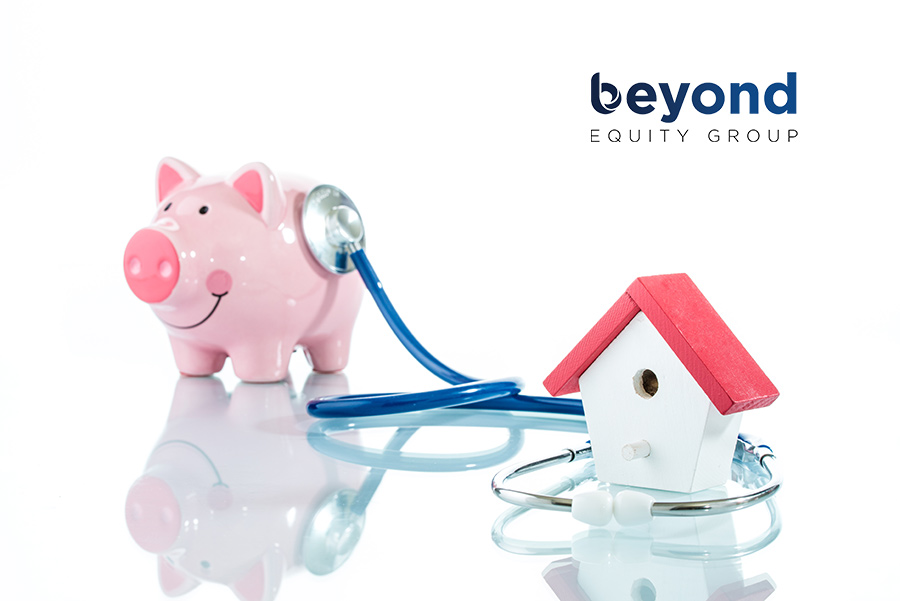Join us for the Health and Housing Fair on April 5 from 9:00 AM to 12:00 PM at Rise Blue Ridge in Charlotte, North Carolina (leasing office/clubhouse). The fair will feature free blood pressure checks, psychological screenings, and practical advice on how to lower your housing costs and improve your overall wellness. This blog will serve as a resource to help you apply what you’ve learned at the event—or to give you valuable tips even if you can’t attend.
What Is Affordable Housing?
By definition, housing is considered affordable if your total housing expenses—including rent, utilities, and internet—are less than 30% of your monthly income. To find out what your affordable housing cost should be, you can multiply your total housing cost by 3.3. This will give you the minimum income needed for your housing to be considered affordable.
Example:
![]() If your rent is $1,200 and you pay $200 for utilities and $100 for internet, your total housing cost is $1,500.
If your rent is $1,200 and you pay $200 for utilities and $100 for internet, your total housing cost is $1,500.
![]() $1,500 x 3.3 = $4,950
$1,500 x 3.3 = $4,950
![]() You’d need a monthly income of at least $4,950 for this housing cost to be considered affordable.
You’d need a monthly income of at least $4,950 for this housing cost to be considered affordable.
If your housing costs are higher than 30% of your income, you may be living in unaffordable housing, which can increase financial strain and negatively impact your health.
How Housing Affects Your Health
Research shows that unaffordable housing contributes to increased stress and poor physical health. Here’s how housing costs and conditions can impact you:
![]() High Housing Costs & Mental Health: Studies have shown that people who spend more than 30% of their income on housing are more likely to experience depression and anxiety due to financial stress.
High Housing Costs & Mental Health: Studies have shown that people who spend more than 30% of their income on housing are more likely to experience depression and anxiety due to financial stress.
![]() Blood Pressure & Housing Instability: Research from the American Heart Association links housing instability to increased rates of high blood pressure.
Blood Pressure & Housing Instability: Research from the American Heart Association links housing instability to increased rates of high blood pressure.
![]() Environmental Factors: Poor air quality, excessive noise, poor insulation, and lack of natural light are linked to higher stress levels and poor sleep, which can lead to chronic health problems.
Environmental Factors: Poor air quality, excessive noise, poor insulation, and lack of natural light are linked to higher stress levels and poor sleep, which can lead to chronic health problems.
What We’re Covering at the Fair
At our Health and Housing Fair, we’re providing resources and screenings to help you better understand the connection between your housing and health:
✅ Blood Pressure Checks – High blood pressure is linked to stress, financial strain, and poor living conditions.
✅ Psychological Screenings – Mental health is closely tied to financial security and housing stability.
✅ Educational Sessions – Learn how to calculate your affordable housing cost and take steps to improve your housing stability.
Practical Tips for Reducing Housing Costs
and Improving Wellness
Even if your utilities are included in your rent, you can still take steps to reduce overall costs and improve your health:
Energy & Utility Savings
![]() Switch to LED Lightbulbs – They use 75% less energy and last 25 times longer than traditional bulbs.
Switch to LED Lightbulbs – They use 75% less energy and last 25 times longer than traditional bulbs.
![]() Mind Your Thermostat – Keeping your home at 68°F in winter and 78°F in summer can reduce energy costs.
Mind Your Thermostat – Keeping your home at 68°F in winter and 78°F in summer can reduce energy costs.
![]() Fix Drafts and Leaks – Report any drafty windows or water leaks to your property manager to prevent higher utility costs.
Fix Drafts and Leaks – Report any drafty windows or water leaks to your property manager to prevent higher utility costs.
Water & Internet Usage
![]() Turn Off Water While Brushing – This can save up to 200 gallons of water per month.
Turn Off Water While Brushing – This can save up to 200 gallons of water per month.
![]() Choose Internet Plans Wisely – If you have the option to choose your internet provider, compare plans for the best rate without overpaying for high speeds you may not need.
Choose Internet Plans Wisely – If you have the option to choose your internet provider, compare plans for the best rate without overpaying for high speeds you may not need.
Environmental and Wellness Adjustments
![]() Noise Reduction – Use white noise machines or heavy curtains to reduce outside noise and improve sleep quality.
Noise Reduction – Use white noise machines or heavy curtains to reduce outside noise and improve sleep quality.
![]() Air Quality – Keep windows open for ventilation when possible and avoid using harsh chemicals for cleaning.
Air Quality – Keep windows open for ventilation when possible and avoid using harsh chemicals for cleaning.
![]() Declutter and Clean Regularly – A clean, organized space can reduce stress and improve mental clarity.
Declutter and Clean Regularly – A clean, organized space can reduce stress and improve mental clarity.
Quick Reference Guide
✅ High housing costs – Can lead to increased stress and higher blood pressure.
✅ Remedy – Assess rent-to-income ratio using the 30% rule and explore ways to reduce costs.
✅ Poor air quality – Linked to respiratory issues and higher stress levels.
✅ Remedy – Use fans, open windows, and clean regularly to improve air circulation.
✅ High utility bills – Can cause financial strain and discomfort.
✅ Remedy – Use LED bulbs, adjust the thermostat, and report leaks or drafts.
✅ Noise pollution – Can disrupt sleep and increase anxiety.
✅ Remedy – Use heavy curtains or white noise machines to reduce outside noise.
✅ Cluttered or dirty environment – Can lead to mental fog and increased stress.
✅ Remedy – Clean and organize regularly to create a more calming environment.
Final Thoughts
Affordable housing is not just about paying less—it’s about creating a stable and healthy living environment. By understanding the connection between housing costs and wellness, you can take practical steps to improve both your financial and physical health. Small changes—like adjusting your thermostat, fixing drafts, or simply switching to LED bulbs—can have a meaningful impact on your budget and well-being.
Take advantage of the resources available at the Health and Housing Fair on April 5 from 9:00 AM to 12:00 PM at Rise Blue Ridge in Charlotte, NC. We look forward to seeing you there and working together toward a healthier, more affordable future!


